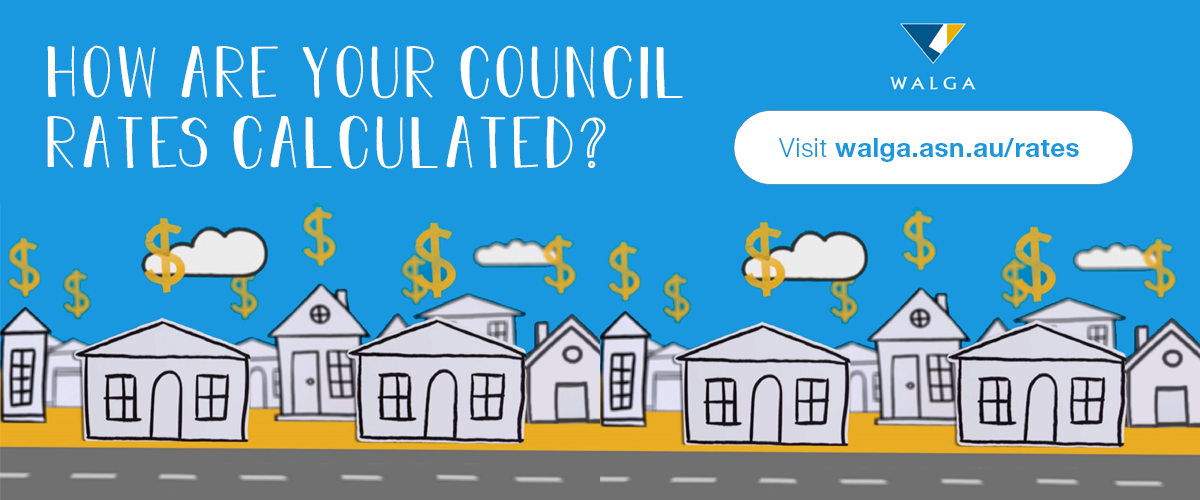
Rates Payments
The Shire offers various payment plans, including paying in full within a specified time to secure a 5% discount, two or four instalments, or an agreed payment plan (note interest will apply).
Why do we pay rates?
How are rates calculated?
The rates paid on residential property are calculated based on the operating requirements of the Local Government. The rates you pay are a proportionate share of what is needed by the Local Government to provide local services and facilities. That is, if your home has greater potential rental return than your neighbours, you will pay a higher share of the total rates budgeted by Council.
How are rates applied?
The Local Government applies a rate in the dollar that is multiplied by the valuation to obtain the rate amount for each property. Please note that a Gross Rental Valuation (GRV) is applied generally in town sites and suburbs and an Unimproved Valuation (UV) is applied in rural areas.
What can make rates go up?
Rates can also increase if your property increases in potential rental value faster than others in your area. For example, if you make improvements to your home that increase its rental value then your share of rates will increase. However, changes to property values that affect the whole market – such as times of boom and recession – do not directly affect rates as the comparative value between neighbouring properties remains the same.
Your rates can increase if the Local Government requires more funds to provide local services and facilities. For example increases to wages and materials costs or if it builds new facilities or adds new services. Local Governments budgets and consequently funds required through rates are also affected by changes to charges by other sectors of Government such as electricity pricing.
Why don't rates go down when there is a drop in the property market?
This is because your rates are not directly linked to movements in the property market – only the value of your property in comparison with your neighbours. If rates were directly linked to the property market then rates would be far greater than currently. Using each Local Government’s budget as the starting point for setting the amount of rates required, protects ratepayers from increases that are not directly aligned with the provision of services.
What if I disagree with my rates?
There are two options to object or appeal your rates:
- Under the Local Government Act 1995 you have 42 days from the time the rates notice is issued to appeal your rates if you believe there is an error with the rate record. If you do decide to query your rates you must still pay the full amount while it is being reviewed.
- You can also appeal how the value of your property was calculated. This against the Gross Rental Value (GRV), generally for suburbs or town sites, or the Unimproved Value (UV) for rural properties, determined by the Valuer General and as mentioned previously sets your share of what the Council requires. Your annual valuation is included on the rates notice. If you believe this is too high you can challenge this, for further information, visit the Landgate website.
Do pensioners get a discount on rates?
Pensioners with a valid seniors’ or concession card are entitled to rates reductions depending on their status on Council rates, water charges and the Emergency Services Levy. The State Government caps the rebate to pensioners at 50% of their rates up to $750.
Do I have to pay my rates all at once?
Councils understand that sometimes people experience financial hardship which makes it difficult to meet all of their financial commitments when they are due. Please contact a Council Rates Officer to arrange a suitable payment arrangement to settle the rates debt by the end of the financial year.
What is the Emergency Services Levy?
The ESL funds Western Australia's fire and emergency services, including all career fire stations, volunteer fire brigades, State Emergency Service (SES) units and the multi-purpose volunteer emergency service units.
The lates Emergency Services Flyer can be accessed here.
For more information about the ESL, call DFES on 1300 657 209 or visit the DFES website.
More information on rates - please click here.